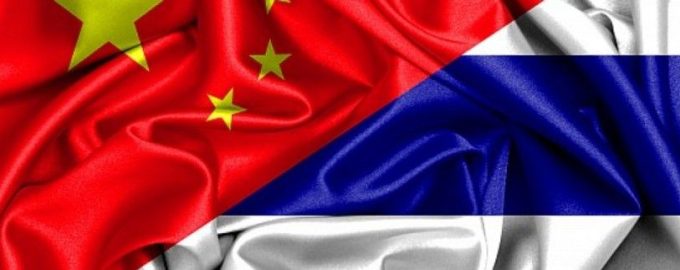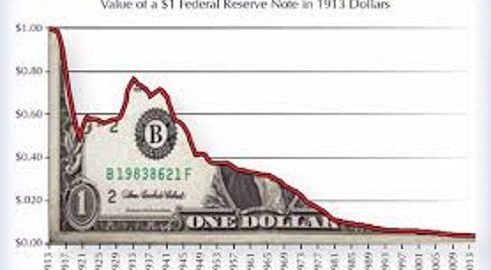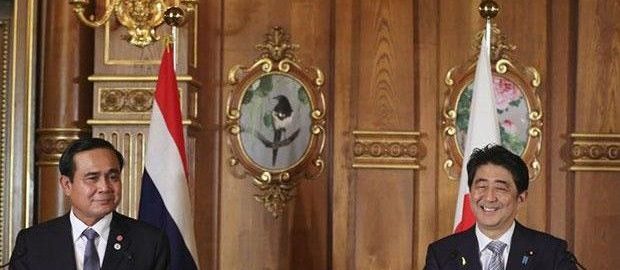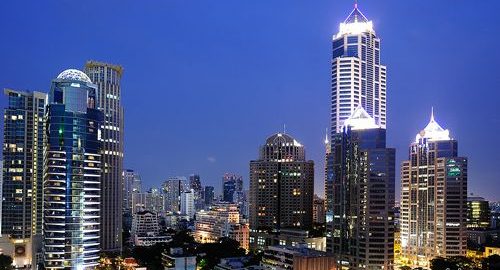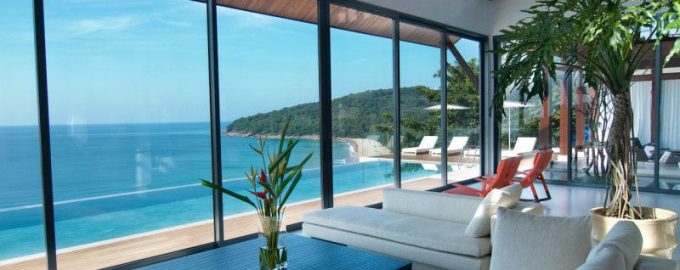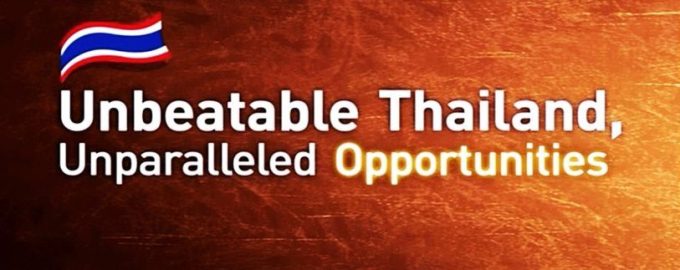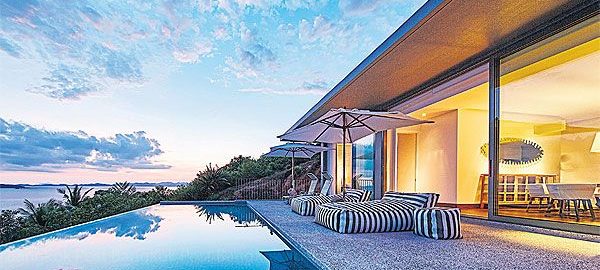Tax exemptions and other incentives are set to spearhead Thailand’s efforts to boost foreign direct investment (FDI) in targeted areas of the economy.
The initiatives form part of a broader range of incentives and reforms aimed at increasing capital inflows into Thailand, with a particular focus on tapping investment for planned industrial clusters in the eastern economic corridor (EEC) project, an initiative of the public-private Pracha Rath scheme.
However, while efforts to stabilise the Thai economy are beginning to yield results, challenges, such as lower external demand and political uncertainty, remain a concern.
Tapping key markets
Speaking during a visit to China at the end of June, Somkid Jatusripitak, Thailand’s deputy prime minister, said the government’s new incentives and support package would be implemented in the third quarter of 2016.
Somkid was in China to highlight the opportunities for investors in the special industrial zones located throughout the EEC, which encompasses the provinces of Chon Buri, Rayong and Chachoengsao.
“The government is transforming the economy to a higher level,” Somkid told investors. “During this period of change, we need more investment from outside – and China is one of the targets.”
Planned incentives include corporate and personal income tax privileges beyond those already provided by Thailand’s Board of Investment (BoI), Somkid said. The raft of incentives will be bolstered by regulatory and legislative reforms aimed at improving the laws governing industrial management, financial services and investment.
The government has also said it would provide approximately 4160 ha of land as well as key infrastructure, such as the East-West ferry development project, to develop and support dedicated industrial estates – biotech, biofuel, aviation, IT and digital, medicine and medical equipment – throughout the EEC, with an expected total investment of between $55bn and $58bn, according to local media reports.
Thailand is also keen to boost capital inflows from India. During a visit to the country in mid-June, Thailand’s Prime Minister Prayut Chan-o-cha said the government planned to introduce measures aimed at facilitating the flow of investment from India. He also highlighted the importance of speeding up negotiations on a free trade agreement between the two countries.
Targeted investment
While Thailand’s government is still finalising its incentive package, the government has already announced several measures aimed at attracting businesses.
In late June the revenue department announced plans to offer foreign experts operating in key fields tax exemptions for terms of between 10 to 15 years. The proposed waiver is scheduled to come into force in 2017, although details have yet to be made public.
The BoI, meanwhile, approved a personal income tax cut for foreign researchers and experts working in targeted industry clusters. The sectors, which are viewed by the government as key drivers of growth include: next-generation cars, smart electronics, logistics and aviation, biofuels and biochemical, and industrial robotics, among others.
In a similar move, the Cabinet signed off on a proposal at the end of May to double tax breaks for investors who launch or break ground on a new project in 2016.
Tackling shortfalls
Thailand has struggled to attract international investment in recent years, with political unrest and ensuing military intervention dampening overseas interest. Data issued by the BoI showed that applications from foreign investors for new projects fell from 3469 in 2014 to 1038 in 2015.
Local investors also appear to be adopting a cautious approach, according to a statement issued on June 30 by the Bank of Thailand (BoT). The central bank noted that although private investment had increased, the spread across the sectors of the economy was far from even.
While investment in alternative energy and telecommunications in May was up, the BoT noted that inflows “in other sectors stayed at a low level in line with remaining gaps of capacity utilisation in the manufacturing sector”.
“This was consistent with a slower growth in total financing of businesses for real investment,” the BoT concluded.
Stability will be key
In late May, the ratings agency Moody’s noted government efforts to stabilise the economic situation and encourage growth and investment, but warned that ongoing political uncertainty remained a major concern.
“Such risk still weighs on FDI in the kingdom as well as Thai economic performance,” Christian de Guzman, vice-president and senior credit officer for sovereign risk at Moody’s in Singapore, said.
Moody’s caution over the impact of Thailand’s political climate on FDI was echoed in a report issued by the World Bank at the end of June.
“Foreign direct investments are likely to remain subdued, reflecting soft external demand and continuing political uncertainty,” the report said.
The World Bank added, however, that Thailand’s central location in East Asia meant it was well placed to leverage planned reforms in education, competitiveness and skills into trade and investment opportunities.
While acknowledging the concerns raised by analysts, the government remains upbeat about Thailand’s prospects for boosting incoming investment levels next year.
Officials expect political tensions to ease once general elections scheduled for the middle of 2017 have taken place, while the full implementation of incentives and FDI support, which is also targeted for next year, should further enhance the investment climate.
Make a right investment
